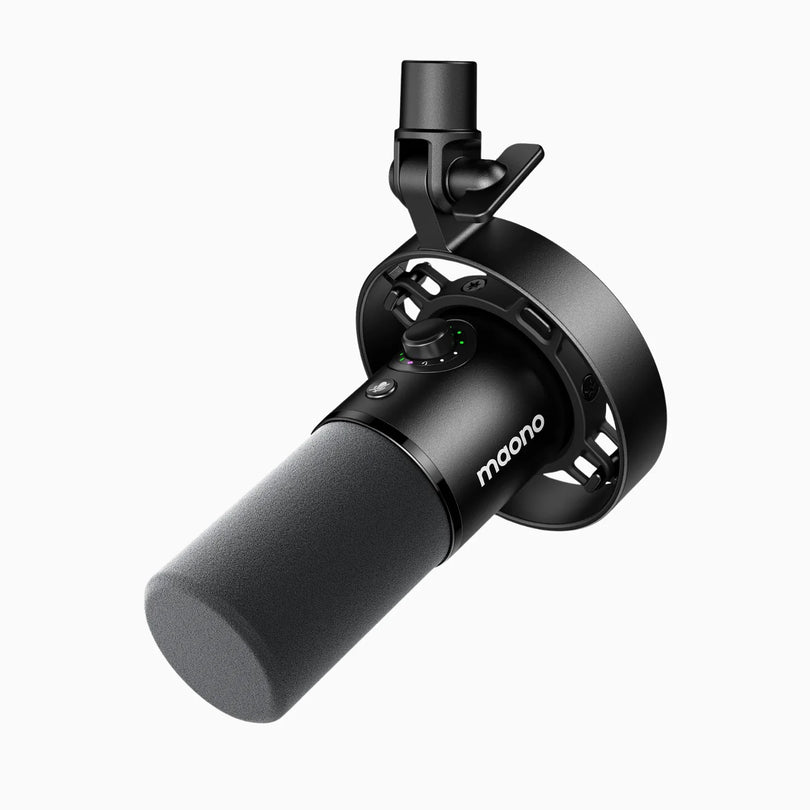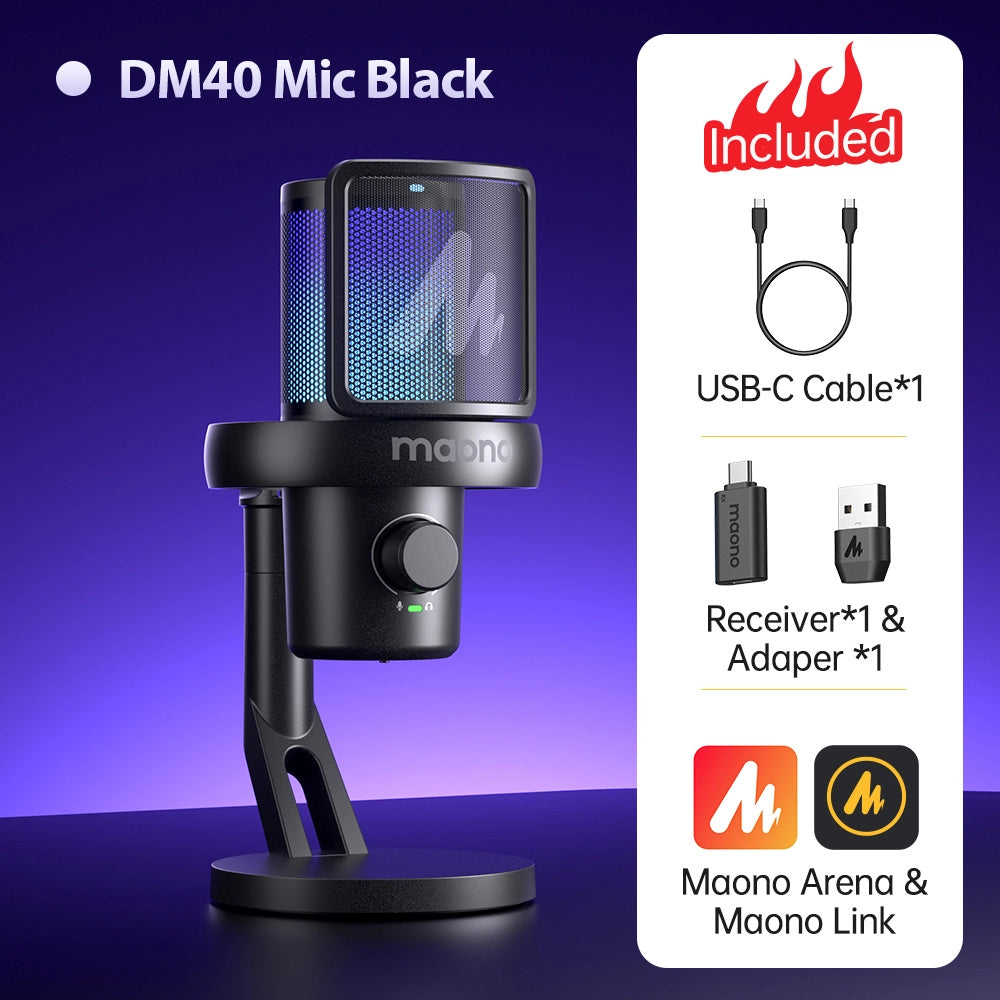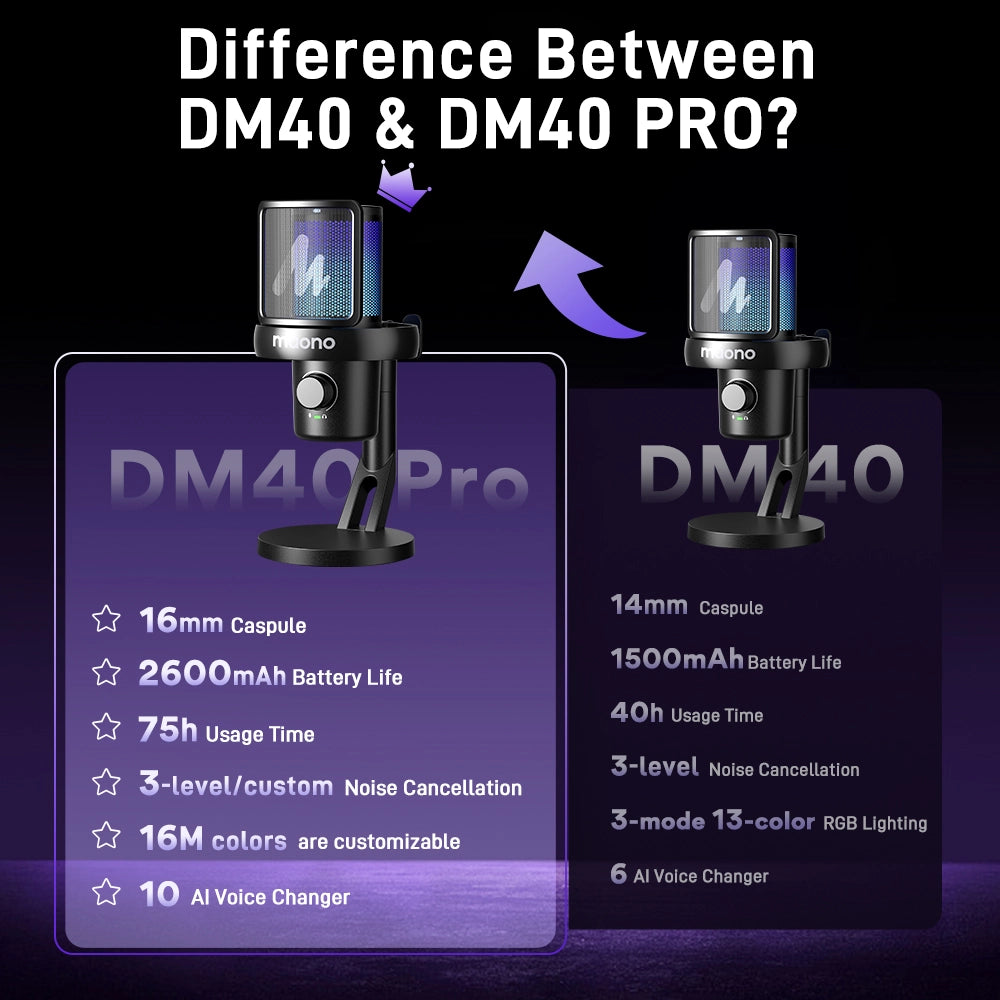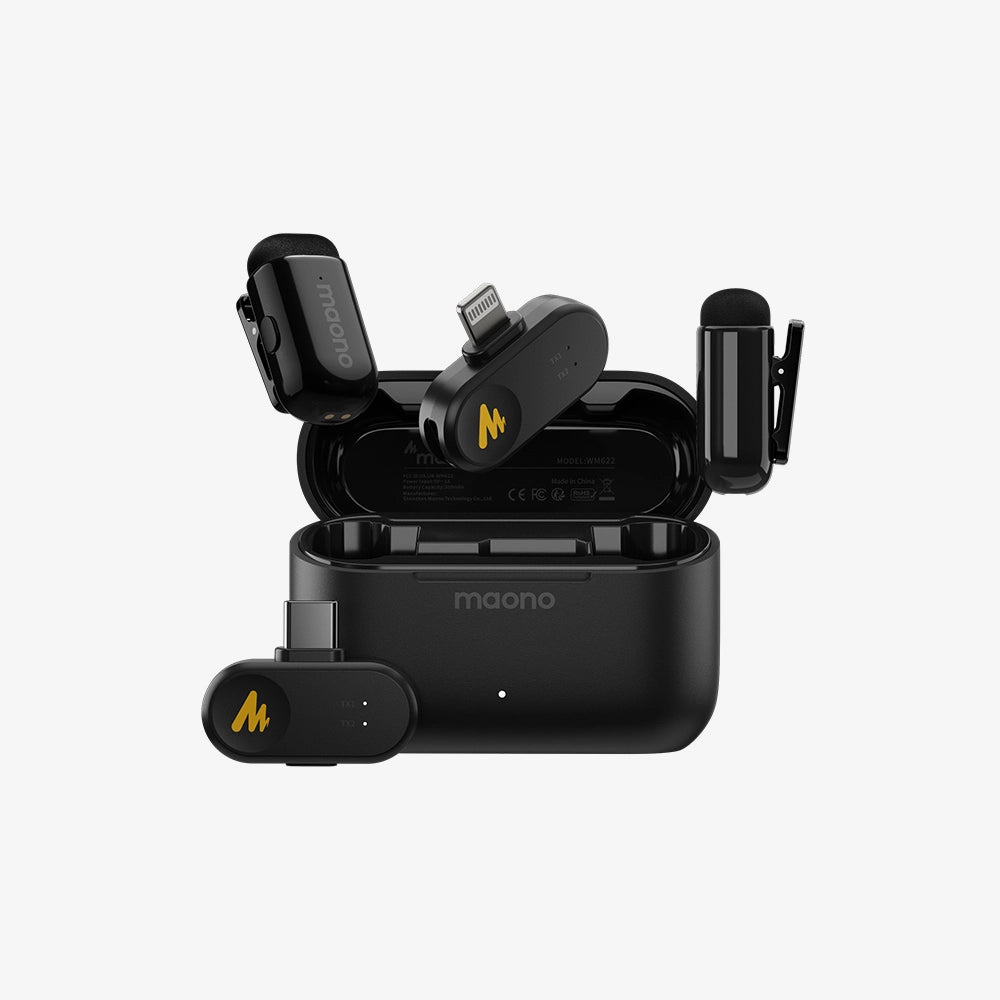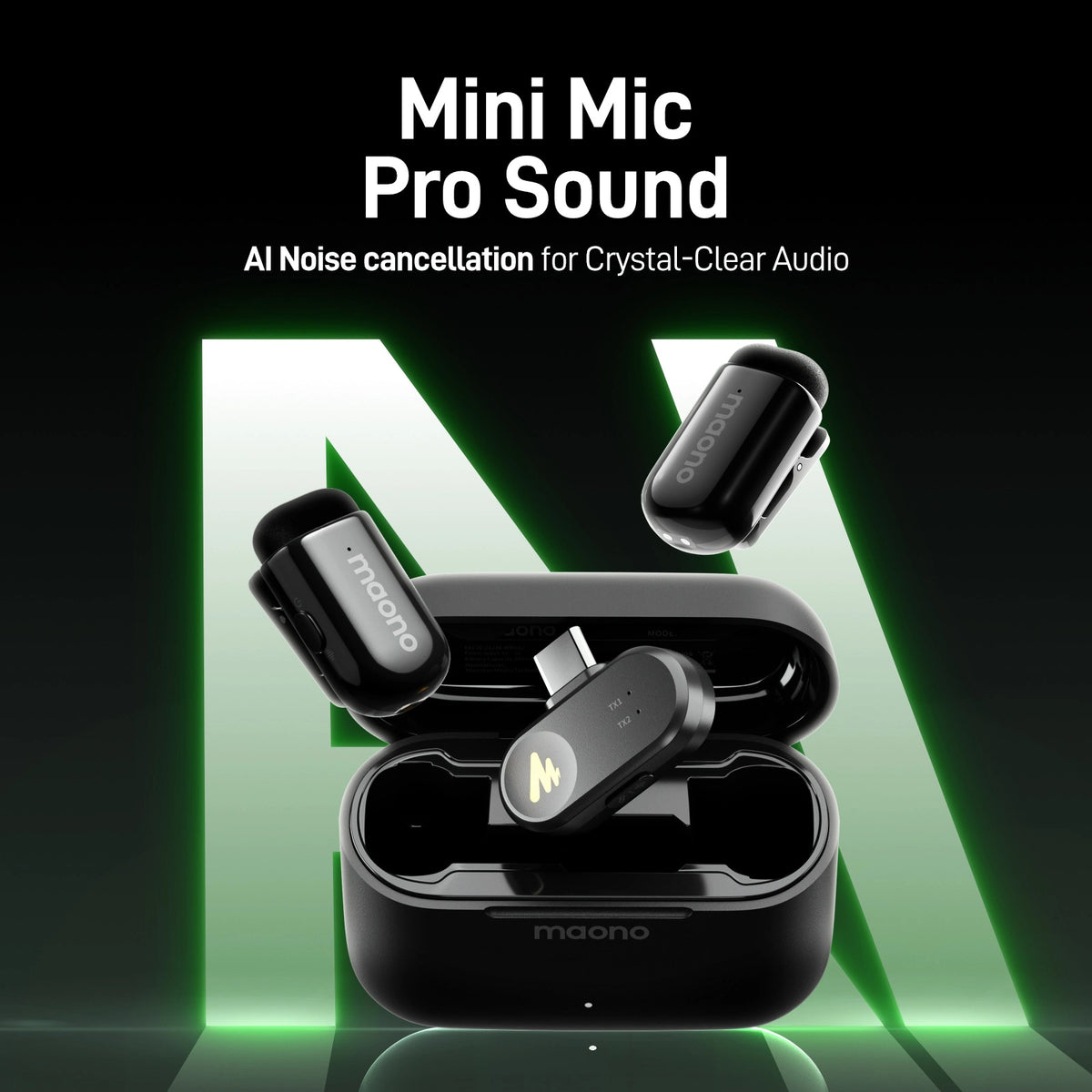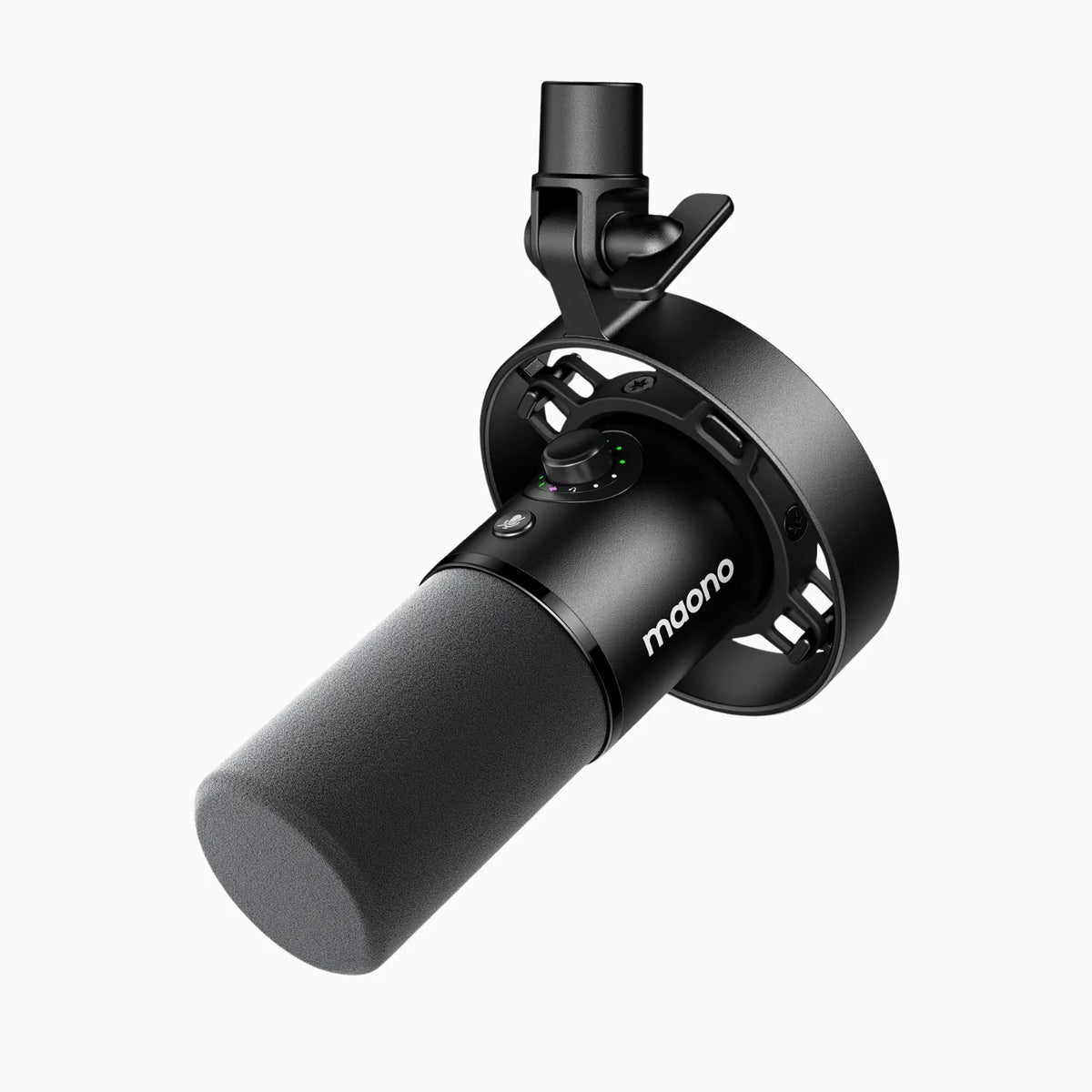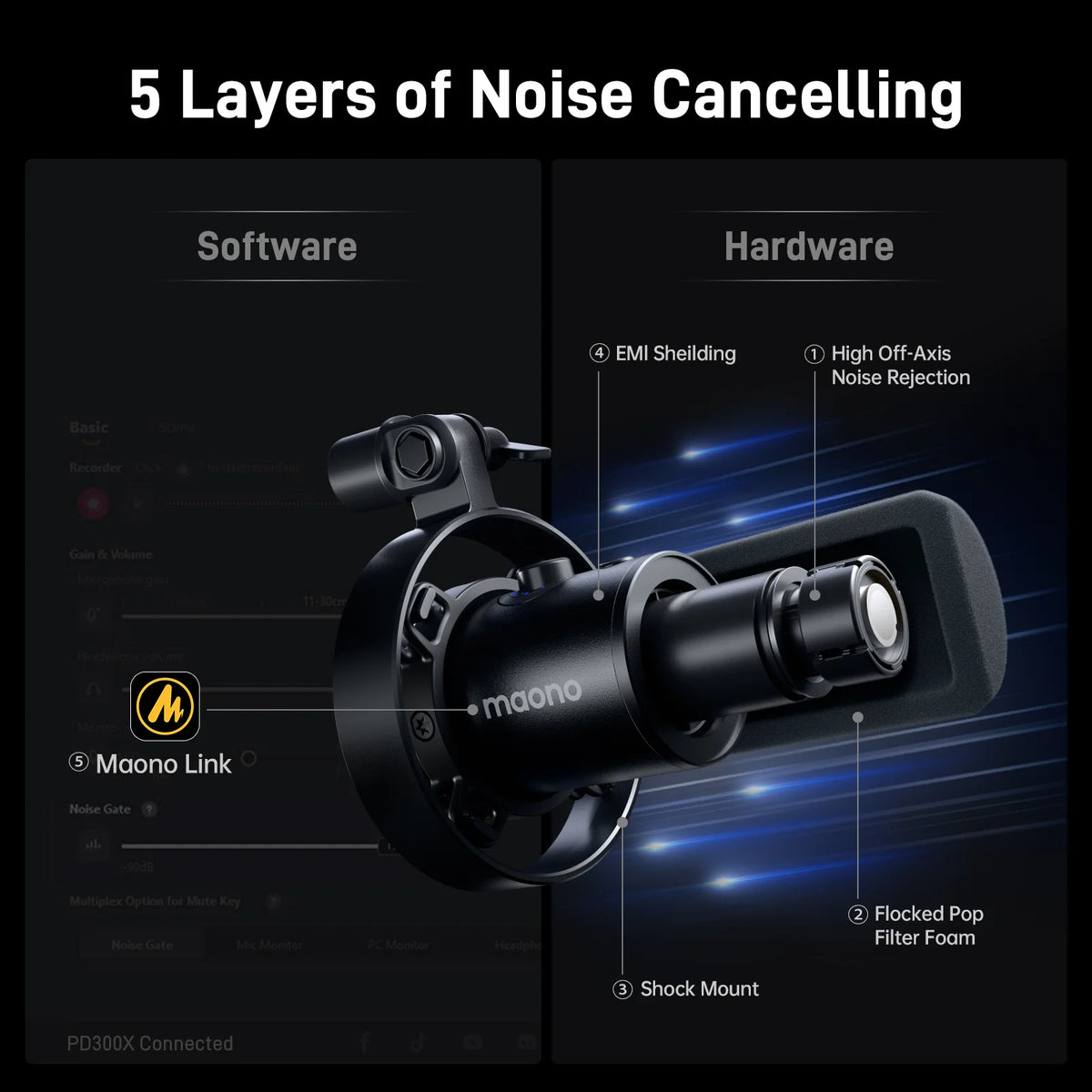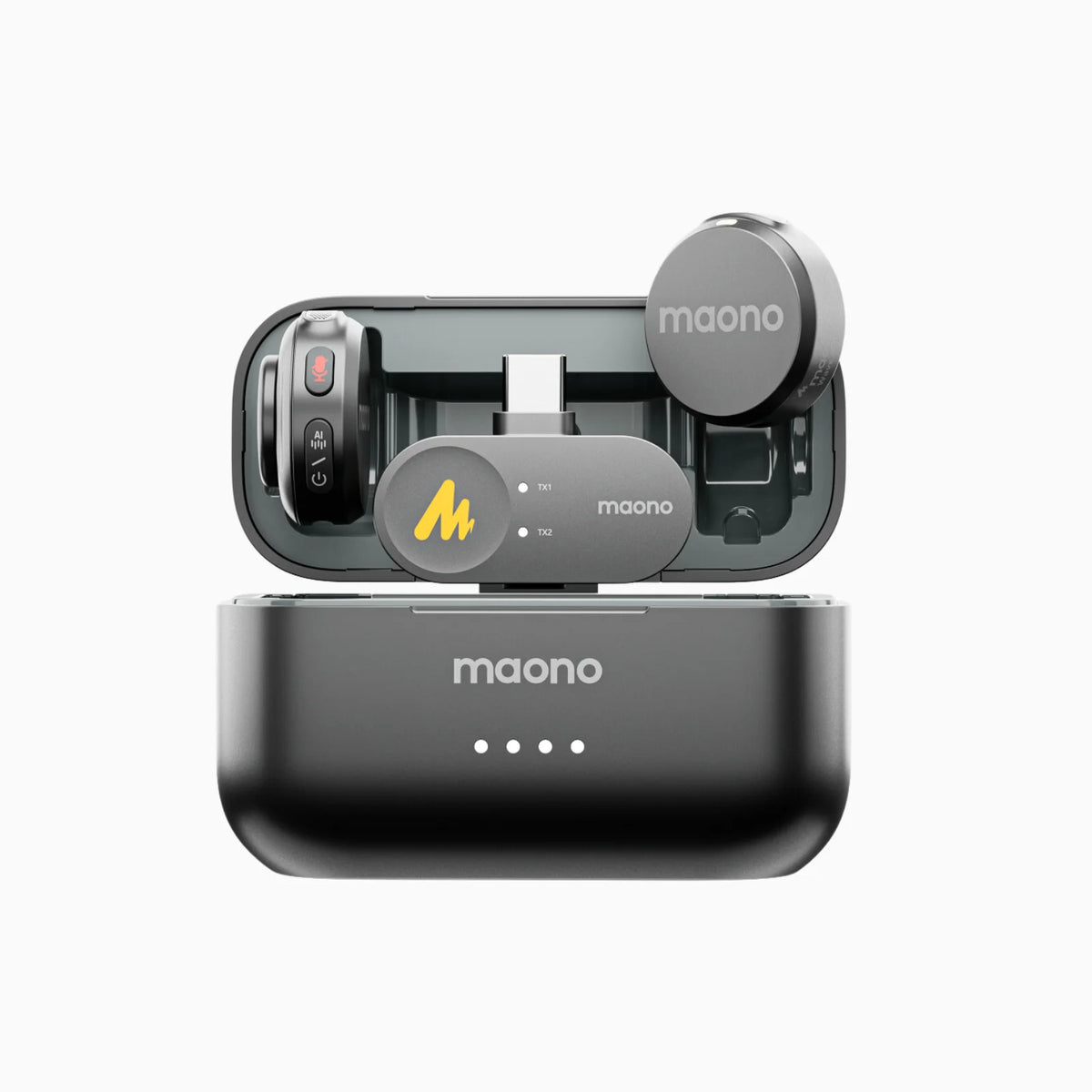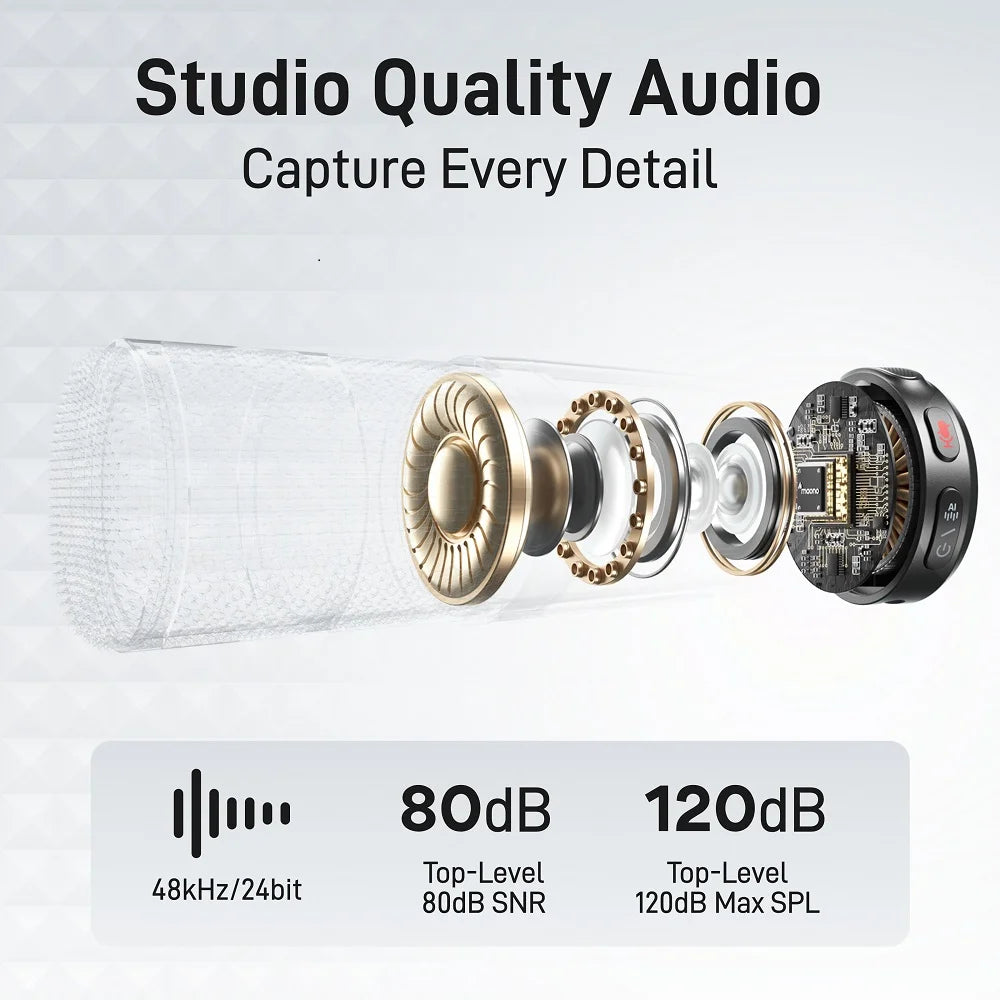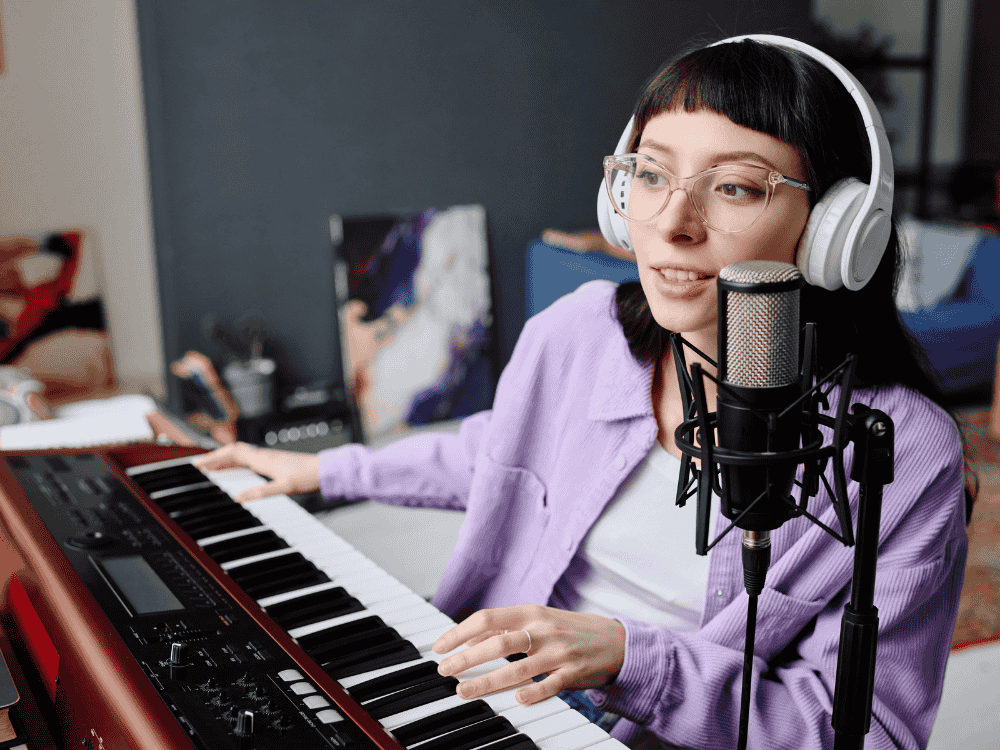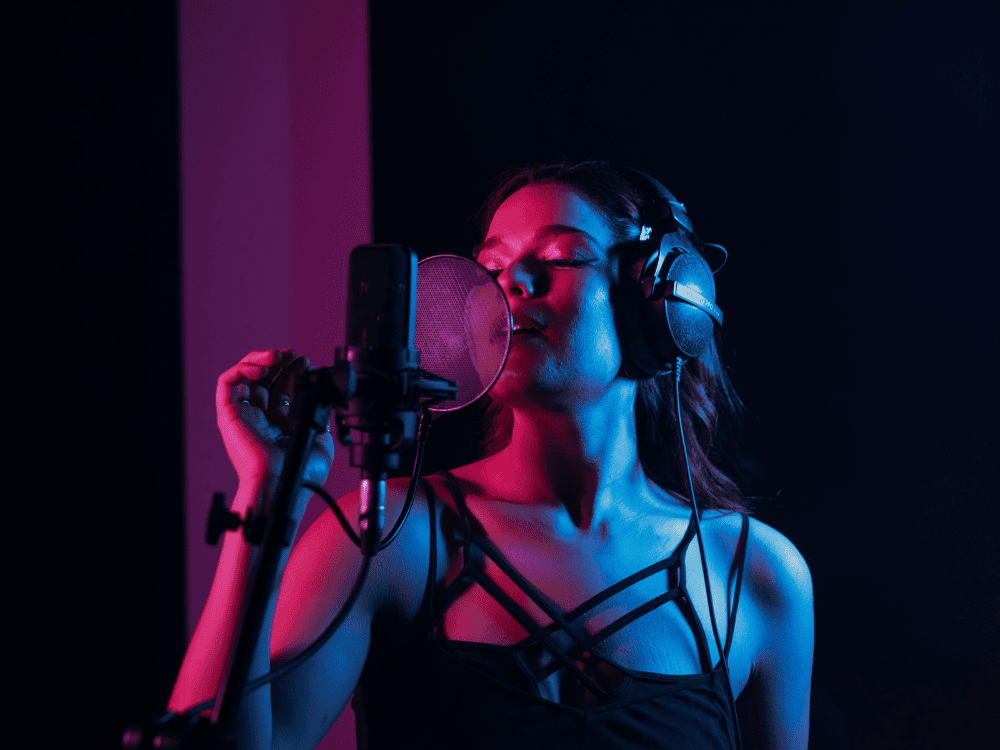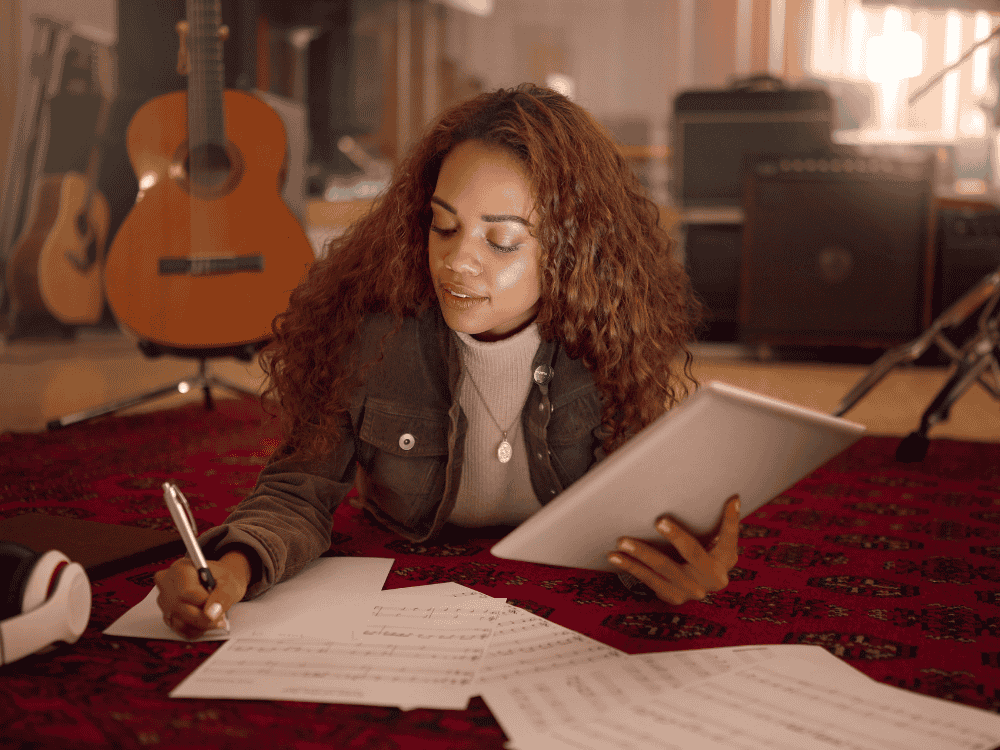Choosing the right best singing microphone is crucial for achieving the best sound quality during performances and concerts. Whether you're a seasoned professional on stage or an amateur artist just starting, a good microphone for singing can significantly impact the sound of your voice, making your performance stand out. The right mic amplifies your voice’s clarity, warmth, and dynamics, while a poor-quality microphone can distort, feedback, or fail to capture the full range of your vocal performance. In this article, we'll explore the best microphones for singing live, home studios, and even for kids, covering various types of microphones and offering tips on what to look for in a great microphone to sing in for kids.
What’s a Good Type of Microphone for Concerts Onstage?
When performing live on stage, the microphone you choose needs to be durable, able to capture the nuances of your voice, and resist feedback, especially when there’s loud sound from speakers. For onstage use, dynamic microphones and wireless microphones are typically preferred.
-
Dynamic Microphones
These microphones are sturdy, reliable, and perfect for loud environments. They don’t pick up as much background noise, making them ideal for concerts where you need to focus on your vocals. Popular models like the Shure SM58 and the Sennheiser e835 are trusted by many professional performers for their durability and clear sound reproduction.
-
Wireless Microphones
For added mobility, wireless microphones allow singers to move freely around the stage without being tethered to a cable. Wireless systems like the Shure SM58 wireless or the Sennheiser ew 100 G4 series are great choices for stage performers. These systems offer both sound clarity and signal stability, ensuring that your voice is always heard.
-
Consideration for Feedback Control
On stage, feedback can be a problem, especially with high volumes and close proximity to monitors. Look for microphones with built-in features to help reduce feedback. A cardioid pattern is often the best choice for this, as it focuses on the sound directly in front of the mic while rejecting sound from the sides and rear.
The Best Concert Microphone for Singing Live Performances in a Home Studio:
For those who perform live and also work in a home studio, you may need a microphone to sing in for kids that works well for both settings. While you could use a stage mic for home studio recording, you may find that a studio singing microphone is better for capturing the subtleties and warmth of vocals in a controlled environment.
-
Condenser Microphones: These mics are more sensitive and accurate than dynamic microphones, which makes them a great choice for recording vocals in a quiet studio. While they can pick up more detail, they also require a controlled environment with minimal noise and echo, so they may not be as suited for high-volume, loud stage performances. However, in the studio, large diaphragm condenser microphones such as the Neumann U87 ai or AKG C414 XLII will deliver professional-quality recordings that capture the full range of your voice.
-
The Best All-Around Option: If you're looking for something versatile that can handle both live performances and studio work, consider microphones that offer both dynamic and condenser options. The Audio-Technica AT4050, for example, is a large-diaphragm multi-pattern condenser microphone that excels in both studio and live performance environments, offering superior vocal reproduction.
What is the Best Microphone for Kids to Sing?
When it comes to microphones to sing in for kids, there are a few key factors to consider: ease of use, durability, and the ability to handle high volumes without distortion.
-
Durability: Kids can be a bit rough with equipment, so look for microphones to sing in for kids that are built to last. Many microphones designed for children are made from high-quality plastic, which is sturdy but lightweight.
-
Simple Features: A microphone to sing in for kids that is easy to set up and use is ideal. Avoid microphones with overly complex settings or professional-level features that might confuse a child.
-
Microphone Options: A great choice for young singers would be a simple dynamic microphone like the Shure SM58, which is easy to use and will capture clear vocals without too much complexity. There are also toy singing microphones designed for children that can be fun, but if you want to give them a more professional option, a kid-friendly dynamic microphone or a USB mic with a straightforward plug-and-play setup would be the way to go.
Are Condenser Mics the Best Singing Microphones?
While condenser microphones are highly regarded for their clarity and sensitivity, they may not always be the best microphone for singing live. The choice between a dynamic mic and a condenser mic largely depends on the setting and the style of singing.
-
Condenser Mics: Known for their accurate reproduction of sound, condenser mics are ideal for controlled environments such as home studios, where capturing every nuance of a voice is crucial. They are more sensitive than dynamic microphones and pick up a wider frequency range, making them excellent for studio vocals and detailed recordings. The extended frequency response of a studio singing microphone makes it an excellent choice for capturing the richness and warmth of a singer’s voice, especially in controlled studio environments.
-
Dynamic Mics: On the other hand, dynamic microphones are less sensitive than condenser mics but perform well in high-pressure environments like live performances. They are less likely to pick up unwanted sounds and can handle higher sound pressure levels without distortion. So, if you’re performing live in a loud, noisy environment, a dynamic mic is likely your best microphone for singing live.
FAQs:
Why Are Condenser Microphones Ideal for Vocalists?
Condenser microphones are often preferred by vocalists because they have a high level of sensitivity and accuracy. This means they capture the full range of a voice, from the lowest notes to the highest. They are also able to pick up subtle vocal nuances, making them perfect for singers who rely on dynamic vocal performances. The extended frequency response of a large diaphragm condenser microphone makes it an excellent choice for capturing the richness and warmth of a singer’s voice, especially in controlled studio environments.
Which USB Condenser Microphones Are Best for Recording Vocals?
For those who are setting up a home studio, USB condenser microphones offer a great solution without the need for complex audio interfaces. Here are some top USB microphones that are excellent for recording vocals:
-
AKG C414 XLII: Though not a USB mic in its standard version, AKG offers various models with USB adapters or direct USB options. This professional microphone singing is known for its clarity, accuracy, and wide frequency response. The C414 XLII is perfect for capturing the subtleties of a vocalist’s performance.
-
Neumann U87 ai: While primarily an XLR mic, Neumann’s U87 ai offers unmatched quality and might be used with an appropriate USB interface. It has an iconic reputation in the professional recording world due to its warmth and clarity, making it ideal for vocals.
-
Audio-Technica AT4050: This versatile studio singing microphone comes with multiple polar patterns and captures vocals with incredible detail. It works well in both studio and live settings.
-
Sennheiser e965: Known for its cardioid pattern and high-quality sound, the e965 also has a version that works well for USB setup, offering studio-grade audio for vocals.
-
Maono PM461: This USB condenser microphone is designed specifically for podcasters and vocalists. The Maono PM461 offers a solid, clear sound reproduction at an affordable price, with a gain knob which can increase sensitivity, until you reach the perfect voice you desire while suppressing unwanted background noise. Plus, this microphone offers versatility because aside from singing, you can also use it for gaming, streaming in YouTube or Twitch, or make video calls via Skype.

-
Maono PM422: Similarly, Maono PM422 USB condenser microphone offers enhanced noise cancellation and uses cardioid pickup pattern for clearer vocals. It features a touch key mute, an adjustable gain control, and its build is made of zinc alloy metal–which is a sturdy, high quality kind of metal that protects the USB mic from shock, noise, and other unwanted vibrations. Alos, it comes with a pop filter and windscreen cap that facilitates recording voice more clearly and protects the mic from saliva interference.
These USB microphones are ideal for users who don’t want to deal with complicated setups and still want professional-quality sound.
What’s the Difference Between Large Diaphragm Condenser Microphones and Small-Diaphragm Condenser Mics for Singing?
-
Large-Diaphragm Condenser Microphones: These microphones tend to capture a fuller, richer sound and are great for vocals, making them the go-to choice for most singers. The large diaphragm allows for better sensitivity and a broader frequency response, capturing low-end frequencies and giving vocals a smooth, warm tone.
-
Small-Diaphragm Condenser Microphones: These microphones, while offering more clarity and detail, often have a narrower frequency response and a more focused sound. They are ideal for instruments and recording specific vocal performances that require precision and definition, but they may not capture the fullness of a singer’s voice as effectively as large-diaphragm microphones.
Conclusion
Selecting the best microphone for singing live can make or break a performance. For live performances, dynamic and wireless microphones are often the best choice for their durability and feedback rejection. In contrast, studio singing microphones benefit greatly from the clarity and sensitivity of condenser microphones. For young performers, a sturdy, easy-to-use dynamic microphone is ideal.




